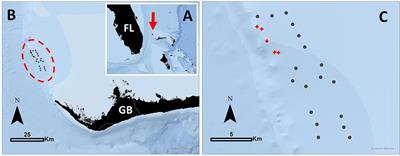drrich2
Contributor
Often they don't admit it because that's not their thought process. Most substantial activities carry some risk, to self and often to others. Driving to the dive site, there's the potential one might accidentally cause a car wreck injuring or killing another person. We judge the risk to be extremely low and go, but it's not zero.I’d prefer if folks were to simply admit they want to see sharks and that the ethical and/or behavioral implications of baited observation are very secondary to their desires.
Similarly, a big concern is whether shark feeding will lead to increased shark attacks on humans. Will tiger sharks start molesting swimmers, snorkelers and divers who aren't involved in the shark feed dives, because they've been conditioned to do so? And that does not seem to be happening, though these have been going on for years.
That's why I ask people to go beyond assuming shark feeding has the same real world impact as feeding alligators and bears (though they may of course be informed by the principles), and additionally consider what real world evidence we have, whether it comes out of a scientific study or not. Much of the life experience we all learn from that intelligently informed our understanding and decisions doesn't come from formal research and peer-reviewed journals.
And if shark feeding bothers you, ask yourself...what about spear fishing? Sharks are drawn to that, also. They may associate humans with food as a result.





